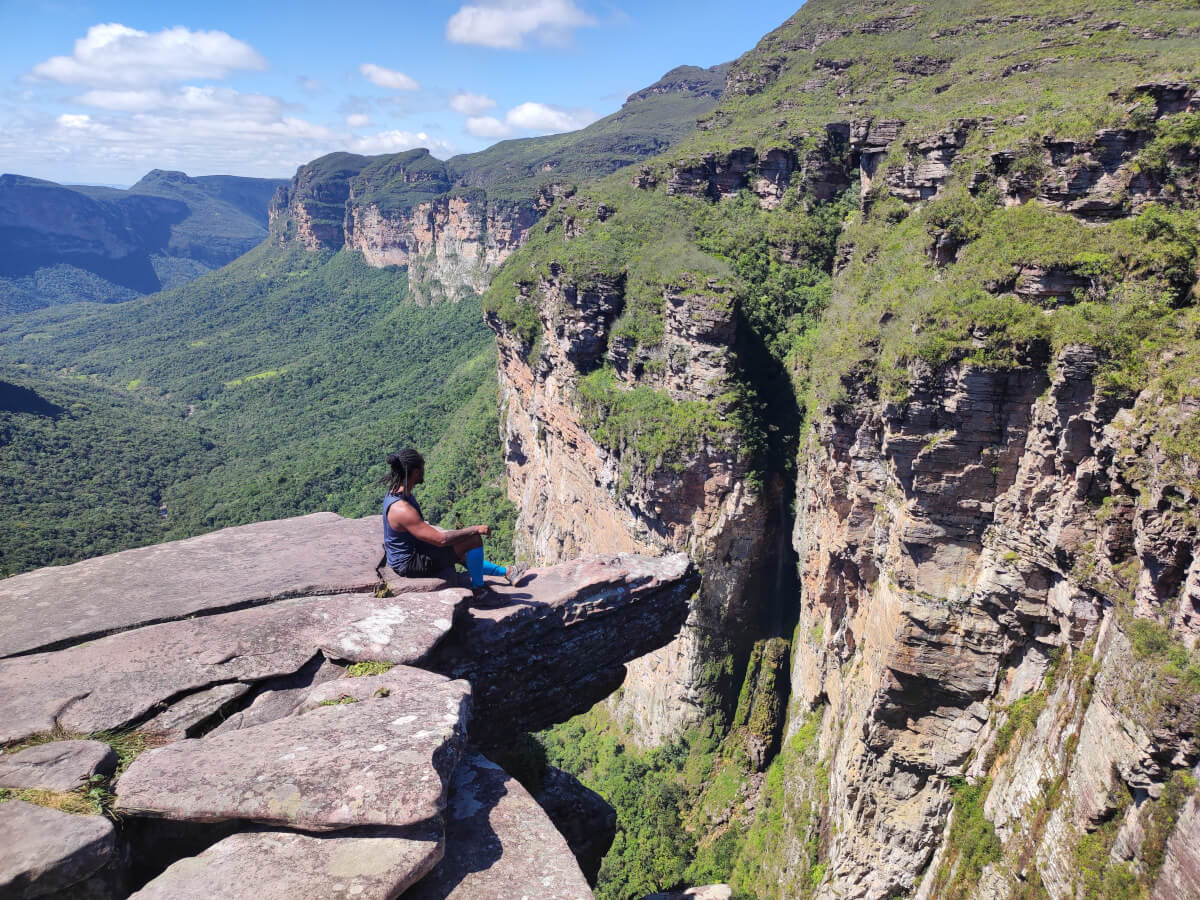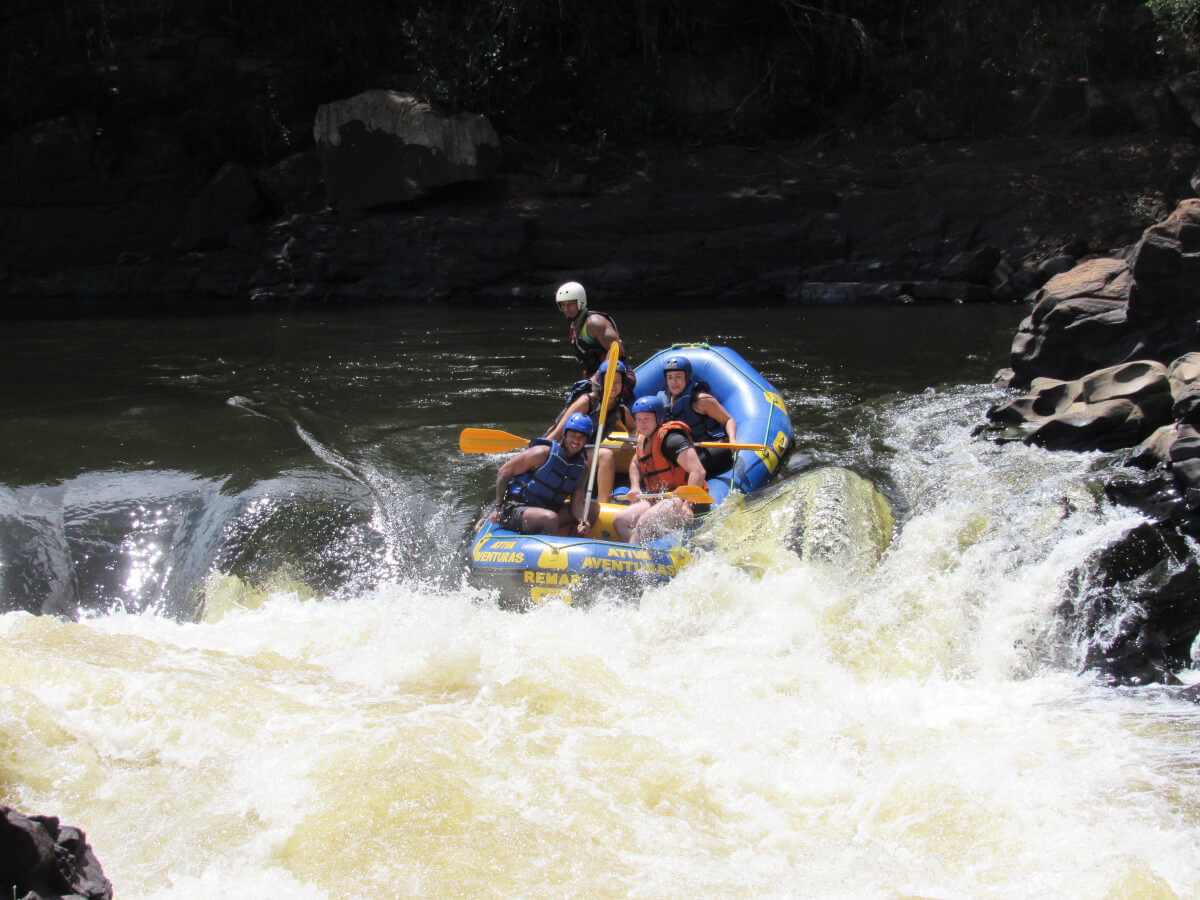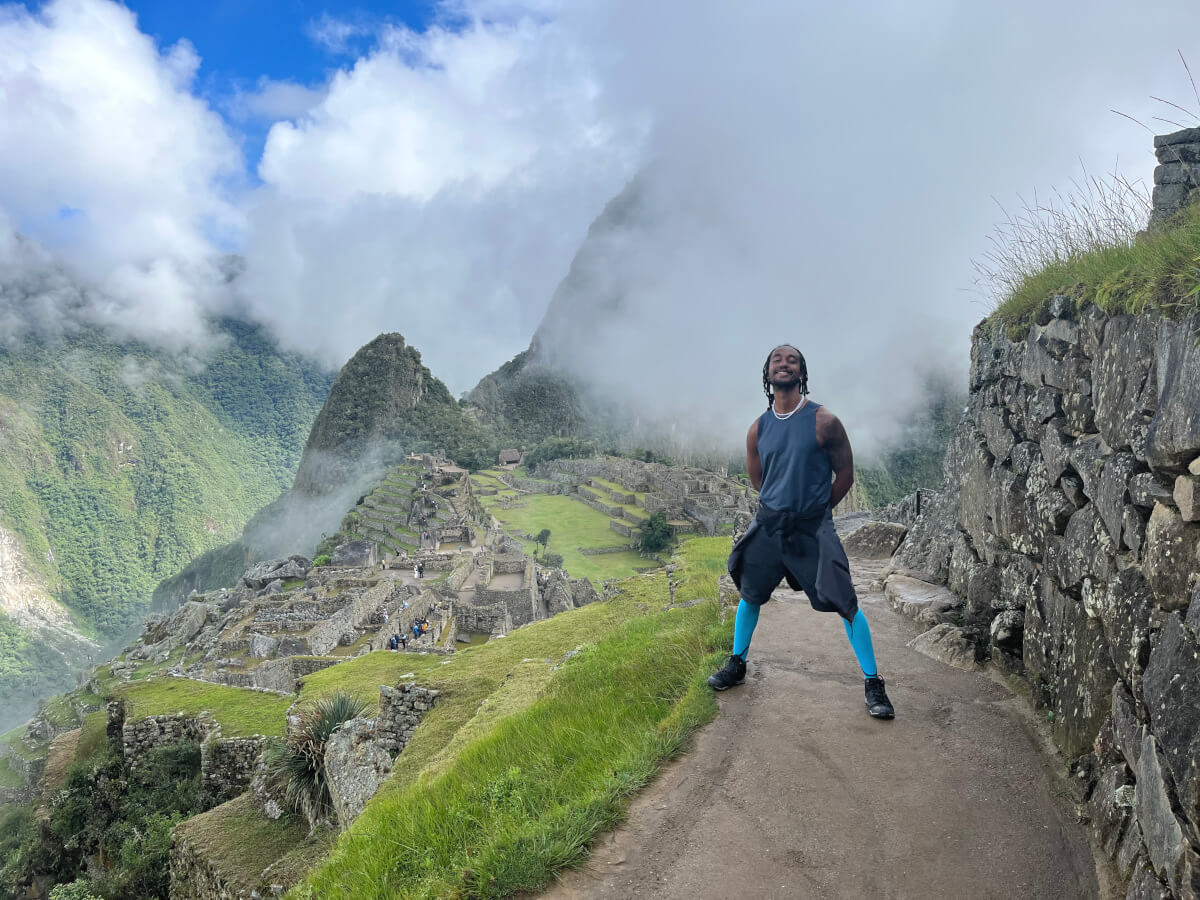This article explores several activities in ecotourism, engaging with nature responsably. As we become more aware of our footprint in nature and the importance of preserving our natural environments, ecotourism is emerging. This form of tourism seeks to connect travelers with nature, reducing environmental impact.
Ecotourism is more than just a trend; it’s a conscious choice to engage with our environment in a sustainable and respectful way. For travelers looking to minimize their environmental impact while maximizing their connection with nature and the local culture, ecotourism offers a range of activities that are both enriching and eco-friendly.
As people are more open to traveling responsibly, we will explore some of the most popular and impactful activities in ecotourism.
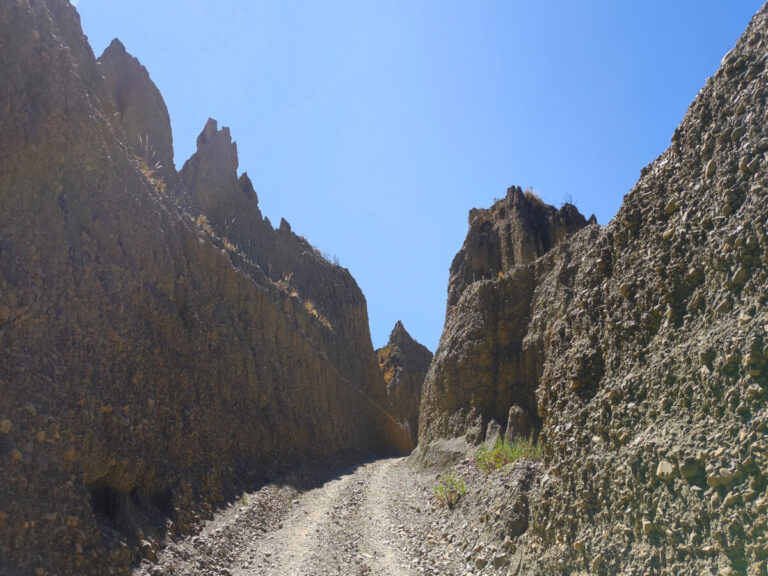
Table of Contents
Sustainable Farming Tours
Visiting sustainable farms and participating in agricultural activities can give you insights into organic farming practices and local food production. Eco-farms worldwide open their doors to tourists, offering experiences such as planting, harvesting, and even learning traditional cooking methods.
In South America, you can find coffee and cacao tours, where you will learn the entire process and history of these essential grains. Tours usually last a day, and people working on the farms will teach you their sustainable practices and the importance of their methods to maintain the quality of their products.
I never saw coffee with the same eyes after I went on a coffee tour in Colombia and learned the six-step process to make it. Completing all the steps takes weeks. The experience made me value the effort of those working to create this product for us.
Many tours in Ecuador explore the process of harvesting cocoa and making chocolate. The country is the third largest cocoa grower in the world, and chocolate is a product that Ecuatorians are very proud to showcase to eco-tourists.

Wildlife Watching
One of the main attractions of ecotourism is the opportunity to observe wildlife in their natural habitats. When done responsibly, this activity helps conservation efforts and promotes awareness about the importance of protecting wildlife.
This activity is growing considerably in tourism and provides benefits like conservation funding and community engagement. Many protected areas and projects rely on ecotourism revenue to fund their operations and conservation efforts.
Ecotourism can also promote community involvement in conservation and provide economic benefits to local communities.
Destinations like Costa Rica, Brazil, Kenya, and the Galápagos Islands are well-known for their rich biodiversity and offer guided tours that emphasize minimal disturbance to the animals.
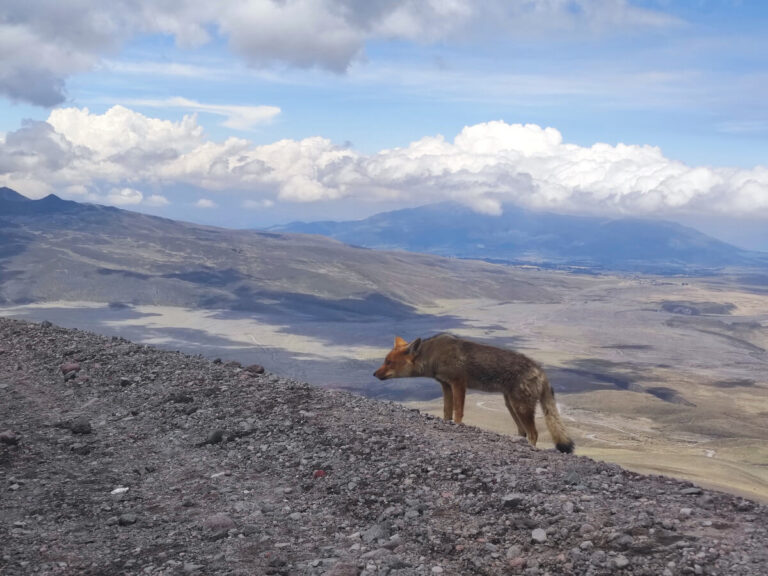
Hiking and Trekking
These are by far my favorite activities in ecotourism when I’m exploring a new place. Wandering through natural landscapes on foot is a fundamental aspect of ecotourism.
Hiking and trekking allow you to immerse yourself in the beauty of nature, from forests and mountain trails to coastal paths and desert dunes.
For instance, the Choquequirao and Salkantay Treks in Peru are excellent examples of eco-friendly adventures that provide stunning views and a deep connection to the land.
Entrance fees charged by national parks and archaeological sites generate economic benefits to improve their infrastructure. The funding acquired from visitors can be used to invest in eco-friendly projects in the area and to increase conservation efforts.
For a more responsible adventure, always take your trash with you, even if the place you are visiting provides trash bins. Depending on how remote the destination is, the frequency of trash collection might not be regular. Responsible ecotourists will always dump their trash once they are back in the city or where it’s safer to dispose of it.
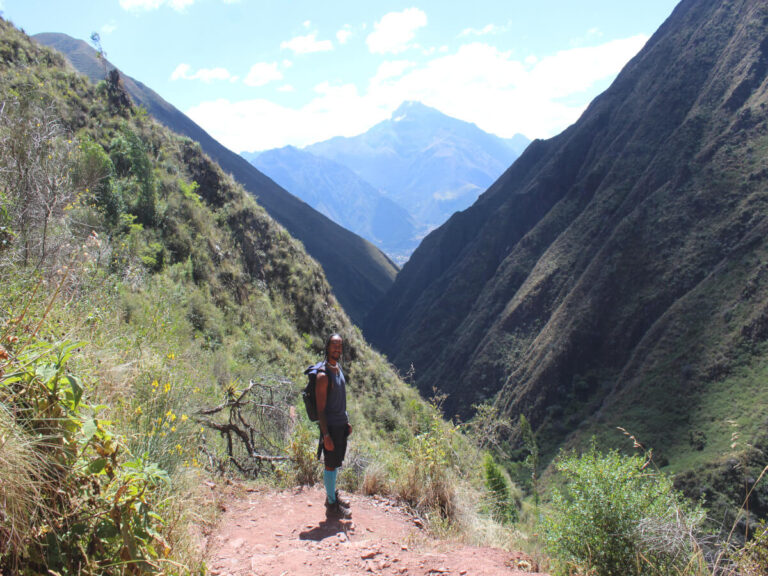
Bird Watching
Bird watching is a peaceful and rewarding activity that can be enjoyed in various ecosystems worldwide. This activity not only helps one relax and connect with nature but also contributes to the conservation of bird species and their habitats. Locations such as the Pantanal in Brazil and the wetlands of Sri Lanka are perfect for bird watchers.
It’s a great activity for learning about the local bird species and their behaviors. To observe birds without getting too close, use binoculars and cameras with long lenses.
To get started with this activity is pretty simple, basic equipment includes binoculars, a field guide, and a notebook for recording sightings. No extensive travel is necessary, as birds can be observed in urban and suburban areas, as well as in natural habitats. With these simple tools and a willingness to learn, anyone can participate in this enjoyable and educational activity.
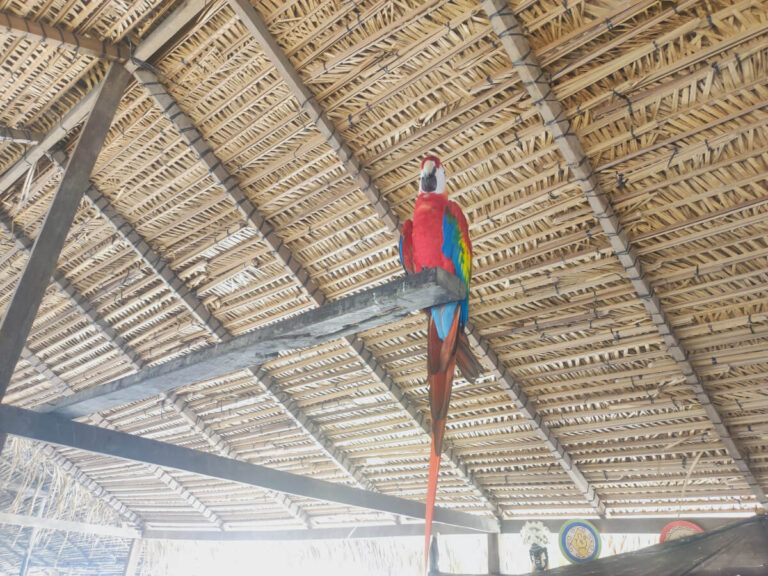
Snorkeling and Scuba diving
The underwater world offers a spectacular collection of biodiversity that ecotourists can explore through snorkeling and scuba diving. Coral reefs, underwater caves, and marine life can be observed in countries like Croatia, Ecuador, and Brazil.
As general tips for this activity, it is good to choose tour agencies that follow eco-friendly practices. You should also avoid touching corals and marine life.
Snorkeling is generally more accessible and suitable for families, while scuba diving requires formal training and certification. Ecotourists should be informed about the importance of conservation and sustainability and encouraged to adopt environmentally responsible behaviors.
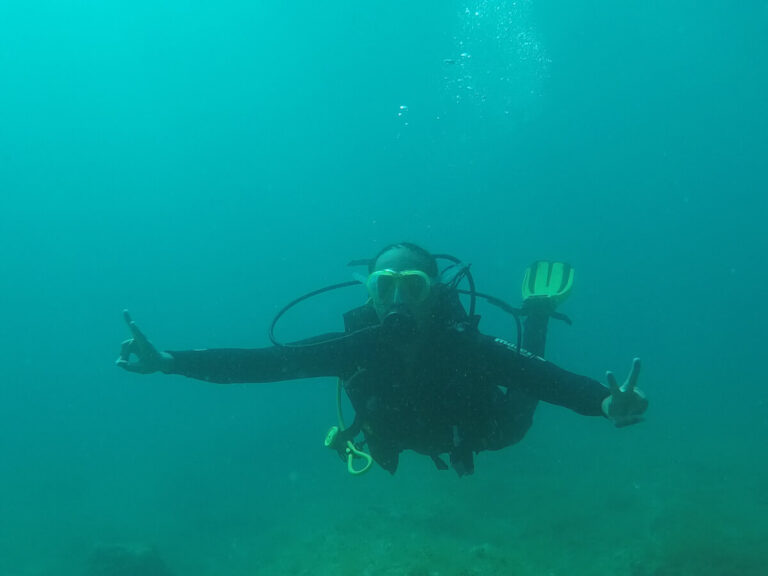
Canoeing and Kayaking
Canoeing and kayaking allow ecotourists to explore rivers, lakes, and coastal regions with minimal environmental impact. Unlike motorized boats, kayaks and canoes are powered by human paddling, eliminating the emission of harmful gases and reducing the risk of oil spills.
These relaxing activities offer opportunities to observe wildlife and landscapes while keeping you active. Exploring rivers that pass through a city provides a richer experience and a different perspective on the city.
When embracing kayaking and canoeing in your ecotourism trip, it’s good to follow sustainable practices like using biodegradable sunscreen. Tour agencies must also follow specific guidelines for cleaning and maintaining the kayaks and canoes to prevent contamination.
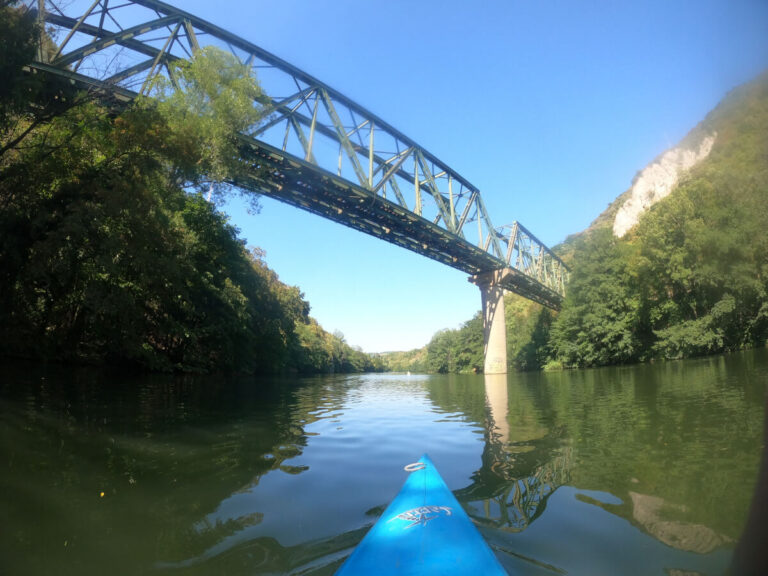
Cycling Trips
Cycling has emerged as one of the most significant and rewarding activities in ecotourism. It offers a sustainable and immersive way to explore natural landscapes. Unlike traditional motorized transportation, cycling produces no emissions, making it an environmentally friendly option that aligns perfectly with the principles of ecotourism.
This low-impact mode of travel reduces the carbon footprint and minimizes noise pollution and road congestion, preserving the tranquility and natural beauty of destinations.
Cycling trips can give you access to remote and less-traveled areas often unreachable by cars or buses. Since cycling has a slower pace of travel, it encourages you to be more mindful and have a deeper experience. You can stop to observe wildlife and surrounding landscapes and interact with local communities in a meaningful way (there is nothing better than initiating interaction with locals when you ask for water).
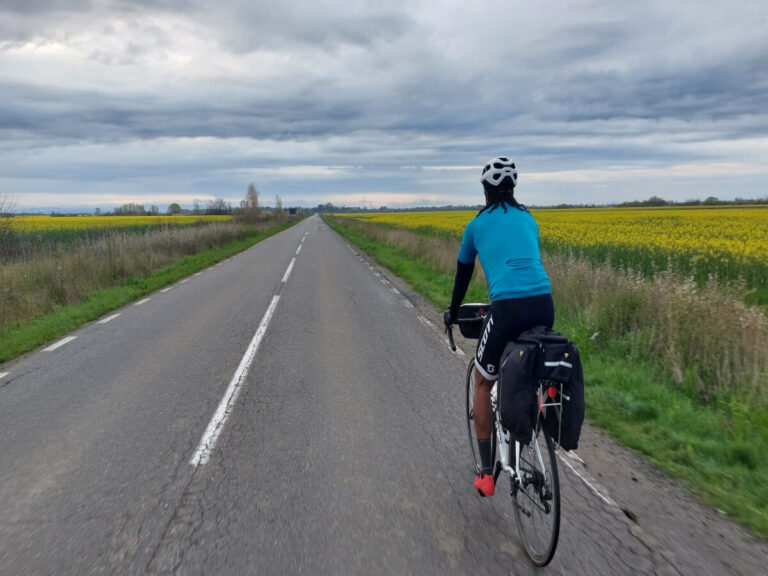
Another benefit of this activity is personal satisfaction. Completing a long cycling trip for a few days can give you incredible accomplishment. For many, the challenge of traveling through diverse landscapes and the sense of achievement when reaching a destination make cycling a highly rewarding activity.
Cycling in ecotourism trips offers the benefits of outdoor adventure and physical exercise and encourages a deep connection to the places visited. If you have never tried a cycling trip before, I highly recommend trying it out.
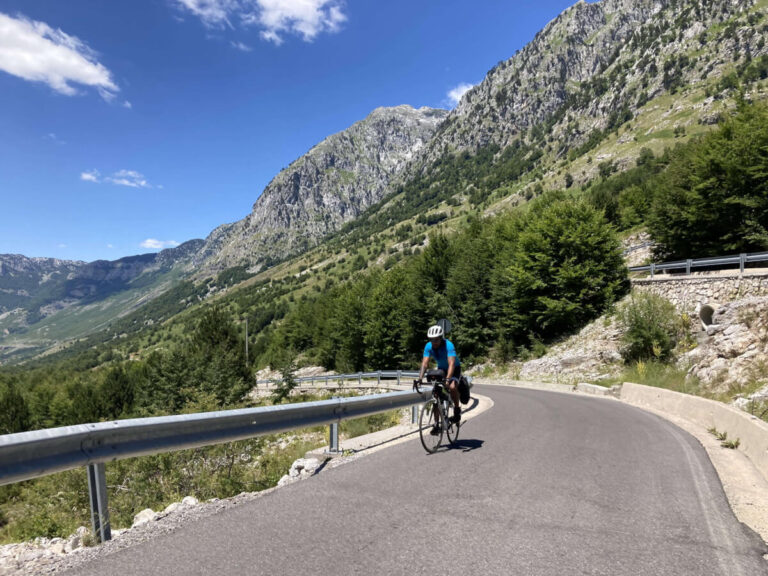
Conclusion
This article described a few activities in ecotourism that can enrich your experience while exploring a new place. The goal was to show you options and ideas for your next ecotourism trip. If you read this article and felt inspired to do any of these activities while traveling, my mission is completed!!
If you think some activity is missing from this list, please let me know in the comments section. Feel free to share your experiences doing these activities while traveling.
Like always, I hope to see you all in the following article. If you want to receive updates about the latest blog updates and ecotourism tips, sign up for the newsletter here. You will receive all updates straight in your email.


